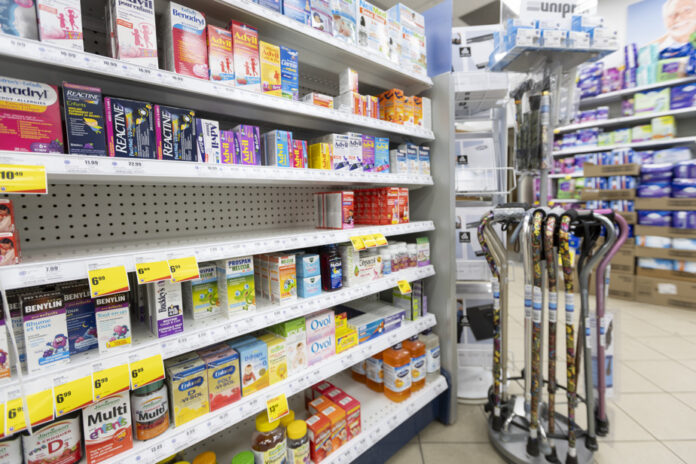You have probably all seen or heard advertisements for drugs for weight loss or for erectile dysfunction disorders. The next time you notice one, pay attention to this valuable detail: the reason for using the drug is never disclosed.
The explanation is simple. In Quebec, it is prohibited to advertise prescription drugs, unless their indication is not listed.
As for over-the-counter medications and natural health products, you guessed it, they are allowed. Provided that the information put forward is not false, misleading or exaggerated. However, health professionals are prohibited from promoting health products, according to their code of ethics. This is why companies are turning to influencers who are not in the health field to offer them paid partnerships.
Take for example a post I saw recently about antibiotic eye drops. The influencer says she grew up with this brand’s products and finds their eye drops very useful for treating bacterial conjunctivitis, which can be very common in little ones. She says she always has some on hand, especially as a mom, just in case. She then refers people to a link where to get said drug online. Although none of the statements made are false, I feel enormous discomfort with this type of partnership.
First, antibiotic drops are not always necessary to treat eye symptoms. Even if the influencer does not say so explicitly, her words can encourage people to start treatment as soon as symptoms appear, which I do not recommend at all to my patients. Using the drops when not indicated can sometimes even make the condition worse.
Second, in Quebec, obtaining these drops requires consultation with a pharmacist to ensure the appropriate use of the drug. However, the hyperlink associated with this paid partnership makes it possible to order the product by mail from another province, where the drug is available over the counter without requiring a consultation with the pharmacist. The fact of referring to this link therefore directly circumvents the professional judgment of the pharmacist provided for by law in Quebec. This prevents the pharmacist from doing his job well, which is to offer optimal and, above all, individualized care.
But isn’t it illegal to promote the use of a drug if you’re not a medical professional? When can we consider an influencer to be practicing pharmacy illegally? When can we interpret his words as health recommendations?
This is where it gets harder. It’s all about nuances. Health Canada regulations state that “the advertising and marketing [of health products] is illegal if the claims:
In this case, the influencer did not make fundamentally false or misleading claims. Although she didn’t really talk about the risks, she does mention reading the package directions before using the drops. She also didn’t explicitly encourage drug use, as she simply shared that she keeps the product on hand, without directly suggesting that her followers do the same. Thus, nothing seems illegal in this ad itself.
I really wonder: why is it still okay to let people with no health background, especially with hundreds of thousands of subscribers, talk about health and health products?
Even though it’s technically legal, I think it’s playing on words and it’s irresponsible.
When will the regulations governing health promotion be adapted to reflect the reality of our digital age?
I hope that one day we will collectively manage to let health experts talk about health, and no one else. Once and for all.


















